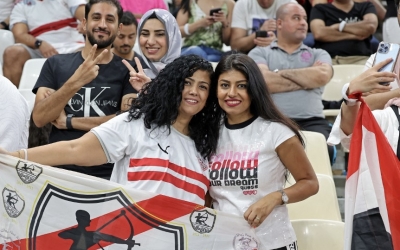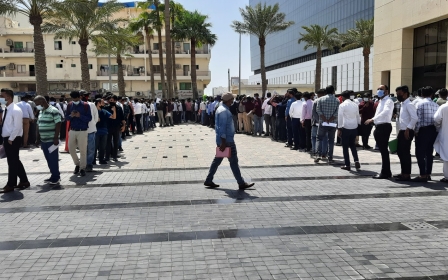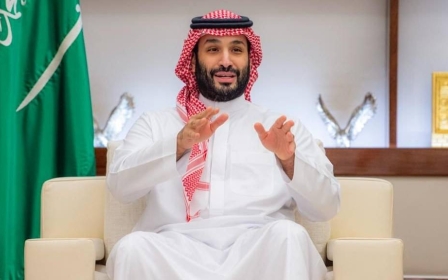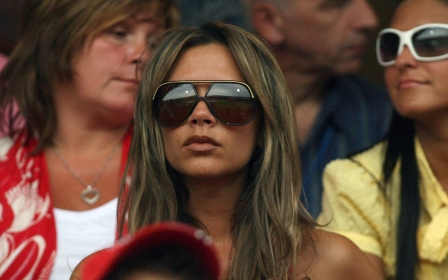World Cup 2022: Qatar faced 'slander' campaign since being awarded tournament, says emir
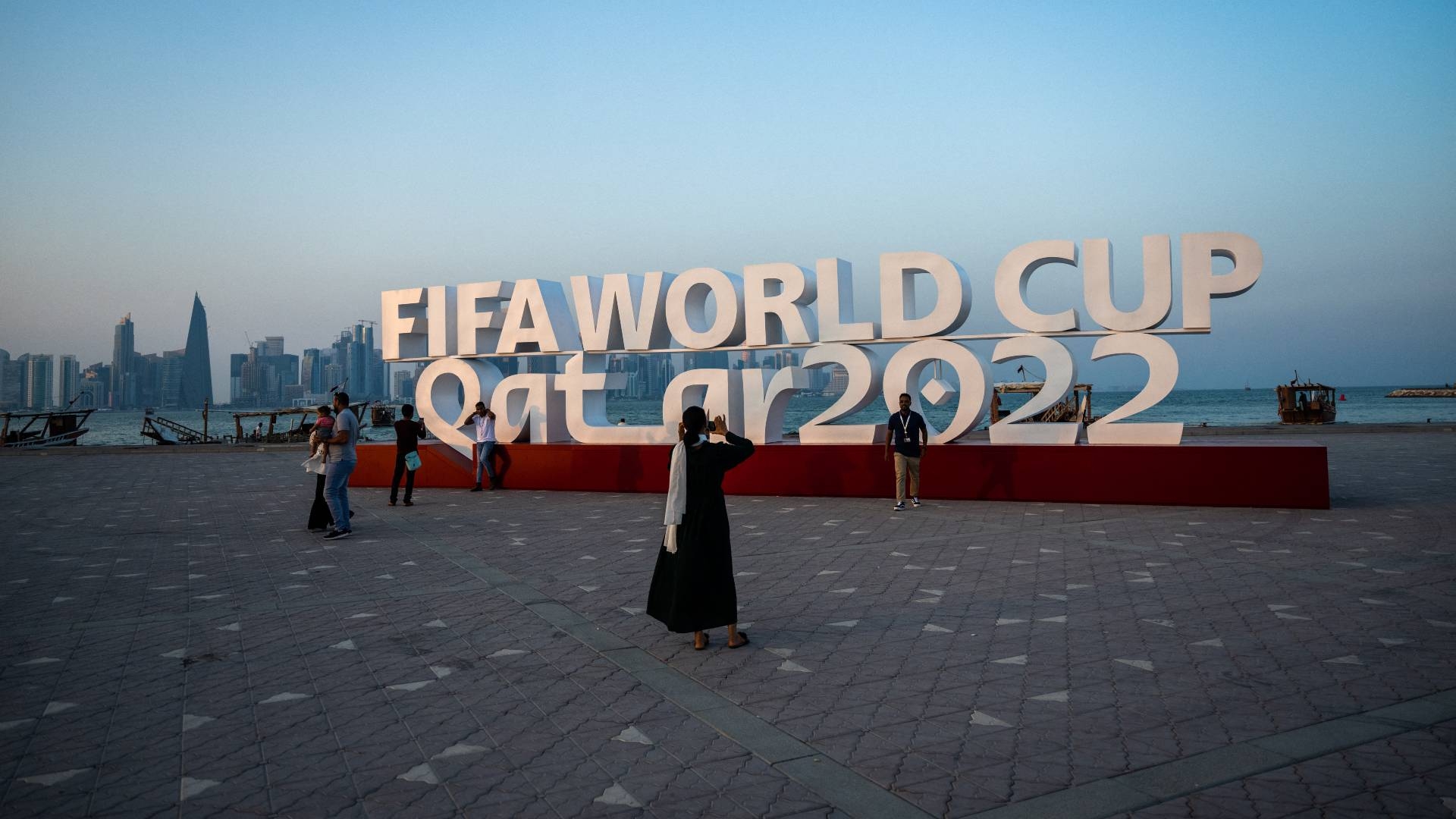
Qatar has faced an unprecedented criticism campaign that amounted to slander and fabrications since winning the bid to host the 2022 World Cup, the country's ruler Emir Tamim bin Hamad Al Thani said on Tuesday.
"Since we had the honour of hosting the World Cup, Qatar has been the target of an unprecedented campaign that no other host country has suffered," Al Thani said during the opening speech of the Shura Council legislative chamber.
In the televised address, the emir said Qatar dealt with this criticism in good faith and "even considered some criticism as positive and useful to help us improve aspects that need to be improved".
However, he added that the campaign was relentless and included "slander and double standards until it reached such a ferocity that everyone wondered about the real motives and reasons behind this campaign".
"We are aware of the importance of hosting a major event such as the World Cup in the Arab world, and Qatar is now more like a workshop in preparing for events," the emir said.
"[The World Cup] is an occasion to show who we are, not only in terms of the strength of our economy and institutions, but also at the level of our identity."
Qatar won the bid to host the global football tournament in 2o1o, making it the first Arab and Muslim country to do so.
Gianni Infantino, the Fifa president, has said the Qatar World Cup, set to start on 20 November, will be the "best ever".
The energy-rich Gulf country has faced criticism over a wide range of issues by human rights activists since 2010, including reports of mistreatment of migrant workers and LGBTQ+ people.
Since being awarded the World Cup tournament, Qatar has been under intense pressure to reform its labour rights and ban the exploitative kafala system.
But despite making strides in labour reforms, migrant workers in Qatar are still banned from joining trade unions and participating in strikes.
Middle East Eye delivers independent and unrivalled coverage and analysis of the Middle East, North Africa and beyond. To learn more about republishing this content and the associated fees, please fill out this form. More about MEE can be found here.


